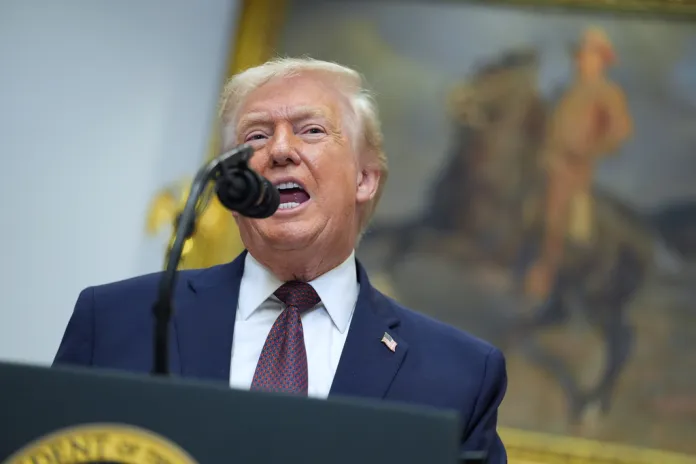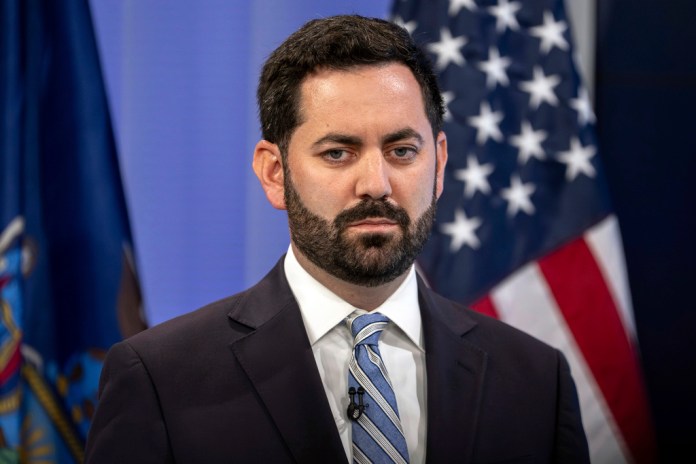Removing Incentives To Lower Drug Prices Isn’t Pharma ‘Reform’
The article discusses the potential implications of the “delinking” legislation related to pharmaceutical pricing and pharmacy benefit managers (PBMs) in the context of a recent omnibus spending bill. It highlights that this bill aimed to eliminate special interest provisions, including those that would have favored the pharmaceutical industry at the expense of consumers. the piece argues that prescription drug prices have been increasing faster than inflation, with the Pharmaceutical Research and manufacturers of America (PhRMA) blaming PBMs for high drug costs.
PhRMA’s proposed legislation seeks to decouple how PBMs are compensated from the drug prices they negotiate,shifting to a flat fee model rather than a percentage-based system on rebates. This change could disincentivize PBMs from negotiating effectively, leading to higher drug prices and increased profits for pharmaceutical companies. Economic estimates suggest that this delinking could raise drug prices by 5-18%, resulting in significant additional costs for Medicare Part D and ultimately burdening taxpayers and beneficiaries with higher premiums. The article concludes that such legislation could harm healthcare consumers while benefiting drug manufacturers.
The recent omnibus spending bill, framed as a continuing resolution needed to fund the federal government, was bloated with giveaways to special interest groups. Thanks to Donald Trump and Elon Musk, Congress slashed the continuing resolution from 1,500 pages to 116 and, in the process, eliminated most of the special interest favors. One of the provisions jettisoned was “delinking” legislation that would have benefited the pharmaceutical industry at the expense of pharmacy benefit managers (PBMs) and, ultimately, health care consumers.
In the last decade, prescription drug prices have risen faster than inflation. PhRMA, the lobbying group for drugmakers, has persuaded congressional Democrats and Republicans that PBMs are to blame. PBMs negotiate drug prices on behalf of health plan sponsors, which include insurance companies and local, state, and federal government agencies. PBMs are paid a percentage of any rebate they negotiate based on the initial drug price offered by a drugmaker. PhRMA wants Congress to pass legislation that “delinks” the price of the drug from how PBMs are paid when they negotiate drugs for Medicare Part D plans. Instead, PBMs would only be able to charge a flat fee to insurers.
It’s not hard to see why PhRMA wants this. Imagine a hypothetical ACME Corporation that offers a product at a starting price of $1 million. Then imagine a company that wants to buy the product and is considering sending one of two negotiators to bargain on the price. Negotiator A is paid 25 percent of any rebate he negotiates, while Negotiator B is paid a flat salary regardless of how much of a rebate he gets. You don’t have to be a finance whiz to know that ACME Corporation would much rather deal with Negotiator B.
If delinking legislation becomes law, PBMs will have less incentive to negotiate rebates. That means high drug prices and larger coffers for pharmaceutical companies. Economist Casey Mulligan estimates that delinking legislation would increase drug prices between 5 and 18 percent. According to Matrix Global Advisors, drugmakers’ bottom lines would improve by up to $32 billion.
Mulligan estimates that rising drug prices could raise costs for Part D as high as $13 billion annually. Matrix Global Advisor claims it could be up to nearly $27 billion. Taxpayers would pick up about three-quarters of that cost, with Medicare beneficiaries making up the difference in higher premiums.
Unfortunately, delinking legislation will soon return, as members of both parties support it, including powerful Republicans like Rep. James Comer, chair of the House Oversight Committee, and incoming chair of the Senate Judiciary Committee, Sen. Chuck Grassley. And it is likely to become law as it also has the support of Donald Trump. “We’re going to knock out the middleman,” Trump said recently, referring to PBMs.
On this issue, Trump is getting bum advice. Delinking legislation is a product of the D.C. swamp. It is a giveaway to the pharmaceutical industry that will prove costly to taxpayers and Part D enrollees. It will benefit politicians who will receive campaign contributions not only from grateful drug companies but also from PBMs who will come seeking their own special favors. It will result in hundreds, if not thousands, of pages of new regulations, and enforcing those regulations will require hiring more bureaucrats.
Trump often extols the virtues of draining the swamp. One of his advisers should let him know that delinking legislation amounts to filling it back up.
" Conservative News Daily does not always share or support the views and opinions expressed here; they are just those of the writer."




